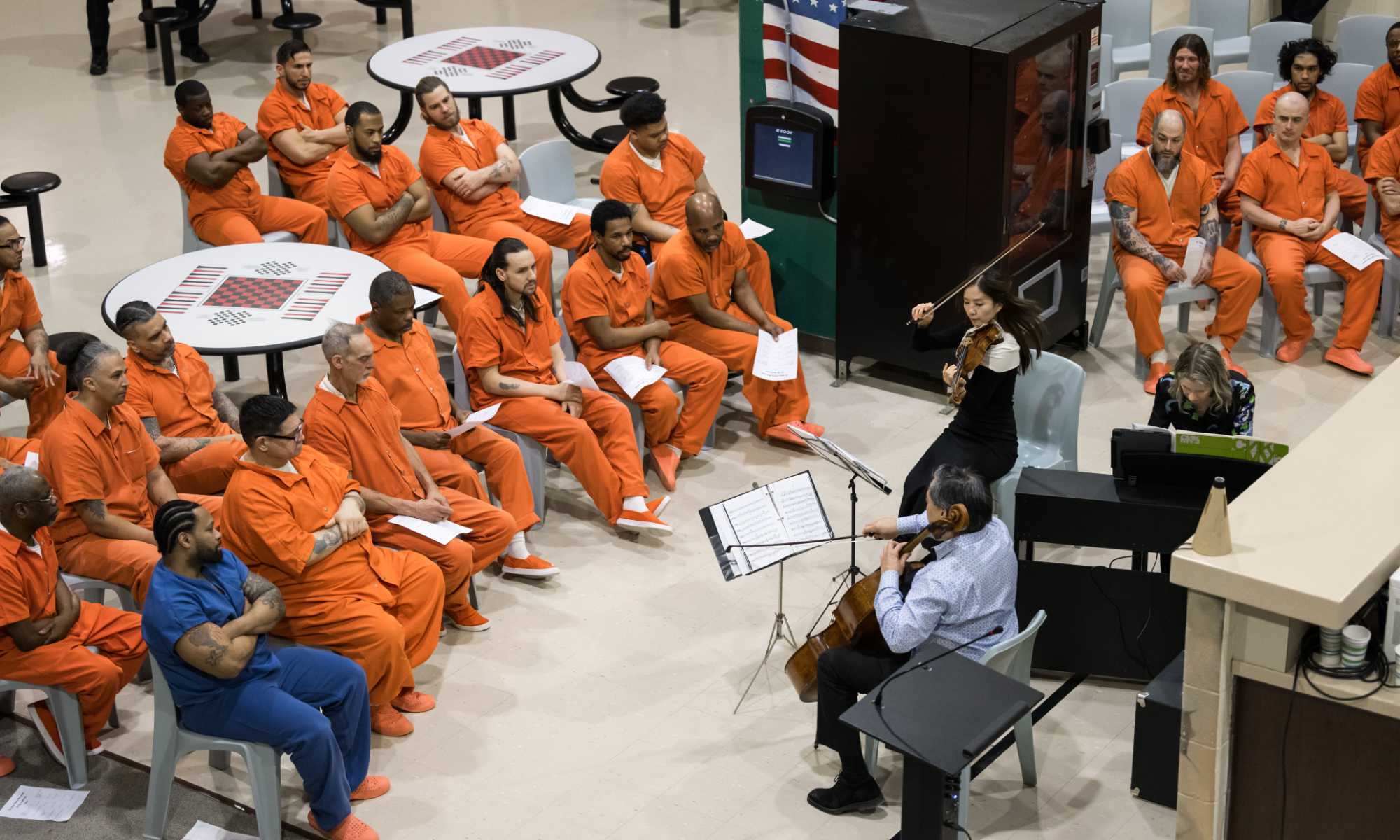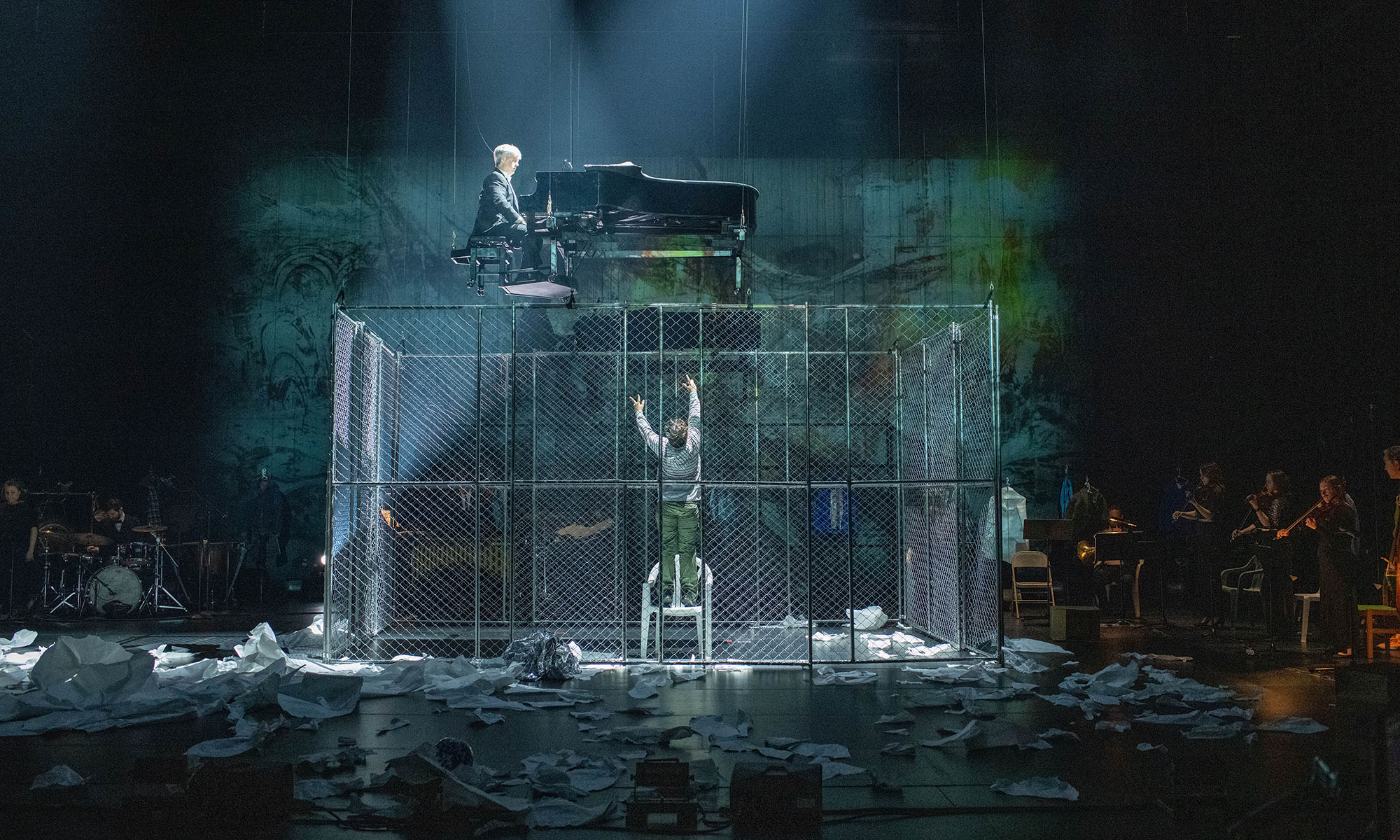TICKETS
The production runs Thursday through Saturday (November 30 – December 2) and Wednesday through Saturday (December 6 – December 9) starting at 7 p.m. There is a 2 p.m. matinee on Sunday, December 3. All performances take place in Todd Theater on the University of Rochester’s River Campus.
Tickets are $8 for University of Rochester students, $12 for alumni, faculty, staff, and for seniors (65+), and $15 for the general public. Tickets may be purchased online at www.rochester.edu/theater or by calling the box office at (585) 275-4088. Tickets may also be purchased up to an hour before each performance at the box office.
New York City-based director Ken Rus Schmoll has been at the University of Rochester preparing for the International Theatre Program’s production of Octavia, which opens Thursday, November 30. Schmoll, who traditionally focuses on world premieres, is a two-time Obie (or, Off-Broadway) Award-winner who is simultaneously working with playwright Anne Washburn on her upcoming The Octavia—a wholly different work that poses, among others, the question, who wrote Octavia?
Octavia, a play ripped from the headlines in the year AD 62, was formerly attributed to the Roman philosopher Seneca, and Schmoll notes that scholars now widely agree that he did not write it. Chronicling the dissolution of the marriage between Nero, the emperor of Rome, and Octavia, his popular wife, the author of the play clearly had a working knowledge of Seneca’s other tragedies, in Schmoll’s view.
What should audiences expect when they come to see the production?
When they hear it’s a Roman tragedy, they might yawn and decide to go to a movie, but this production is far from that. The [set] design is not fusty or old. The characters are of the age of the student actors, so we tap into this youthful energy.
There’s a chorus of citizens who are supporters of Octavia, and then there’s this other chorus that’s pro-Nero. There’s a moment where the characters are called to action and called to protest in a way that they haven’t before. This resonates with the way that many people are being called to activism today. There’s also a resonance in how we’re conducting ourselves on the planet. There is this long passage about the natural world and how over history men that once lived in harmony with the natural world now rape and pillage it; the concern that man’s behavior affects the natural world feels, of course, very contemporary.
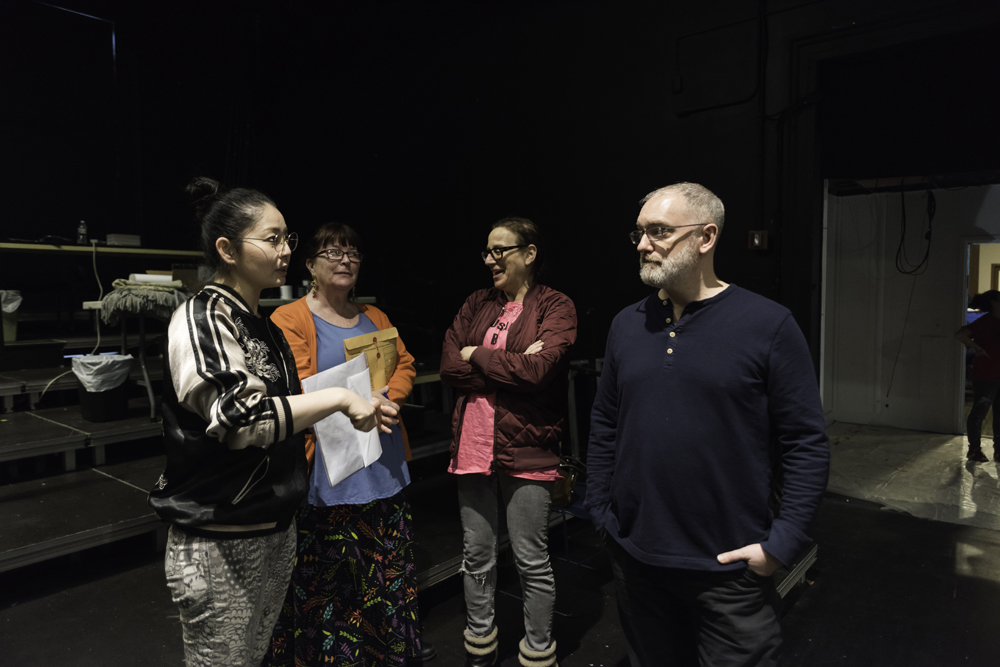
What makes Octavia unlike other plays?
It’s so seldom done, if ever. I had no agenda with this play other than to investigate it, and understand how it works. The structure of Octavia is different from Seneca’s tragedies – it’s not as violent and it’s more self-aware – and aspects of it feel a little more Greek than Roman. It feels a little postmodern in its structure – the first three scenes could happen simultaneously, for example.
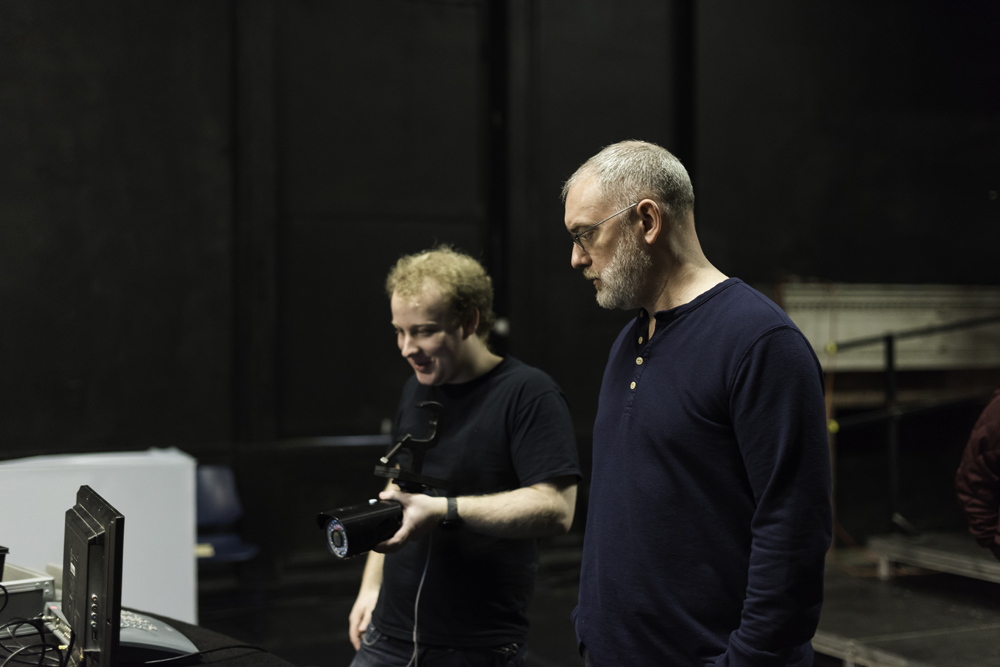
What’s it like to work with Rochester students?
They are all super smart. I was struck by how easily these students could articulate an argument. In some way, that’s half the battle when grappling with a play like this one with long speeches, where people are arguing many points. It seems that whether or not these students have studied rhetoric, they know how to think critically, and they are primed for handling these kinds of arguments. It’s been incredibly fun working with them.
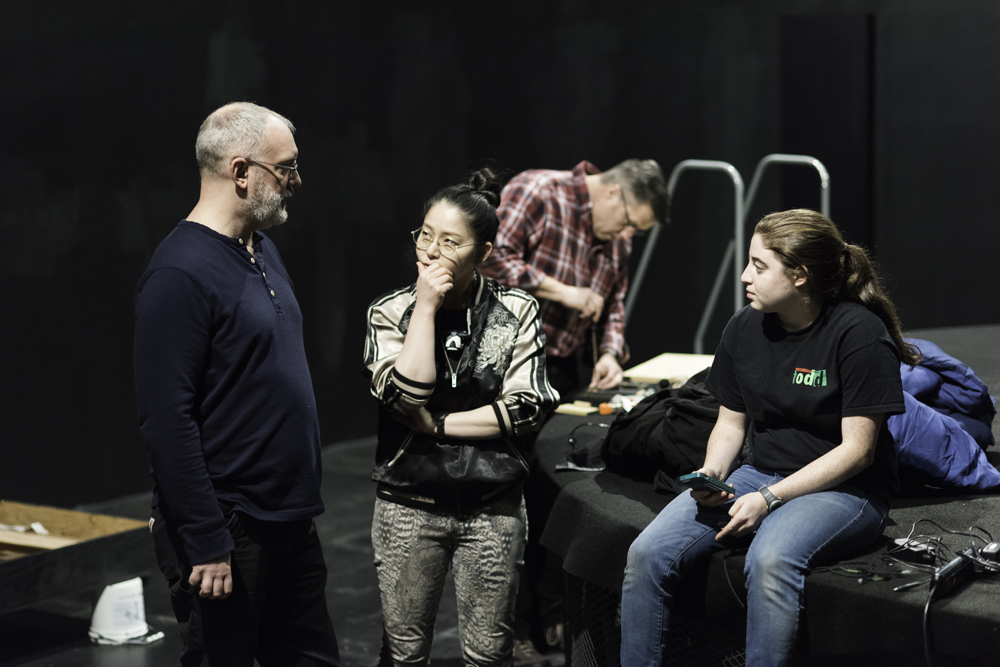
How do you like Rochester?
I love it. I’m a total small-city person. I grew up outside of Hartford, Connecticut, and it feels similar. Most of my time has been spent working on the play, but I have gone running along the river and went up to Lake Ontario on my day off. It was beautiful. I love how you can drive out for five minutes and you’re in farm land, which is unlike Hartford.

